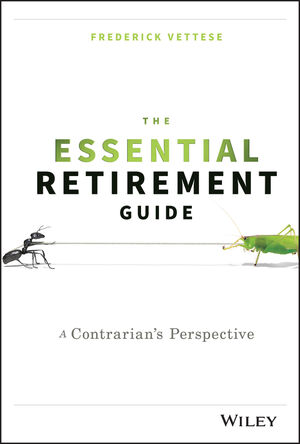Depending on your perspective, "The Crash Detectives" may thrill -- or chill.
In this 2016 book, author Christine Negroni details the many ways that planes can crash.
Computers malfunction. Electrical systems fail. The plane itself ruptures. A sudden decompression causes pilots to collapse.
If you're the nervous type, this might leave you anxious about your next flight. But for those who like stories of danger, mystery and -- occasionally -- heroism, Negroni's book is a gripping read.
The book starts fast as Negroni offers her theory regarding the mysterious disappearance of Malaysia Airlines Flight 340 in 2014. She's only speculating, true, but she builds an impressive case based on knowledge of other aviation mishaps and detailed understanding of how planes work.
Negroni's expertise is impressive. She cites and describes many cases of crashes and near-crashes, aiming to find precisely what went wrong.
After the quick early start, the book slows down. I wasn't as interested in the section on crashes where the true causes have been covered up for political reasons. Not that those cases aren't important -- the mystery of the 1985 Gander crash that killed 248 did get me thinking -- but they tended to focus on backstabbing and cover-your-ass politicking that just wasn't as compelling as the rest of the book.
Negroni also made a tactical error in the last section of the book. In that section, she describes a variety of incidents where pilots' heroism or bold thinking prevented a crash, or at least made it less lethal. But she chose intertwine the stories, bouncing back and forth between them. Frankly, it gets confusing. It would have been better to tell each story separately.
That said, "The Crash Detectives" is still an engaging read. And for all the aviation perils described here, Negroni does make the point that air travel is still the safest way to get around.
---
(Please support this blog by clicking on a link.)
Friday, October 28, 2016
Friday, October 21, 2016
Book review: "The Essential Retirement Guide" by Frederick Vettese
There are enough calculations, graphs and number-loaded tables in Frederick Vettese's "The Essential Retirement Guide" to send your average actuary into orgiastic heaven. For those who get their thrills comparing savings-rate projections, computing wealth targets and estimating spending patterns, this book is a page-turner.
Is it for the average reader? Not really. "The Essential Retirement Guide" goes far deeper into the weeds than most people need to go, or should go.
That said, Vettese does have some decent points to make. To save you the trouble of actually reading the book, let me see if I can sum them up.
Vettese is Canadian, so the book has a bit more than you would expect on considerations for Canadian citizens. Still, he does show knowledge of things like U.S. taxes and Social Security for American readers.
-----
Please support his blog by clicking on an ad.
Is it for the average reader? Not really. "The Essential Retirement Guide" goes far deeper into the weeds than most people need to go, or should go.
That said, Vettese does have some decent points to make. To save you the trouble of actually reading the book, let me see if I can sum them up.
- Save 7% to 10% of your income for retirement during your working years. Add more during good times.
- In choosing investments, note that there is no correlation between high fees and high returns.
- You will spend less in retirement, often a lot less.
- The often-used rule of thumb that says you will need 70% of your pre-retirement income once you retire is wrong. Most people can be content with 50% or 60% of income, Vettese says, and some could go as low as 40%. This is good news for those who haven't saved very much for retirement.
- We are living longer and you should plan for that. Check a lifespan calculator on the Internet to get an idea of how long you have left.
- Annuities are good. It's better to put your retirement savings in an annuity and guarantee yourself income for life than to try to manage the money yourself and risk running out of funds before you die, Vettese says.
- If you are managing your own money, withdrawing 5% a year in retirement is "relatively safe." That's bit more than the usual "4% rule."
- The probability of requiring long-term care is 50% for women, 40% for men. It is better to set money aside for this possibility than to pay the high premiums of long-term care insurance.
Vettese is Canadian, so the book has a bit more than you would expect on considerations for Canadian citizens. Still, he does show knowledge of things like U.S. taxes and Social Security for American readers.
-----
Please support his blog by clicking on an ad.
Subscribe to:
Posts (Atom)

